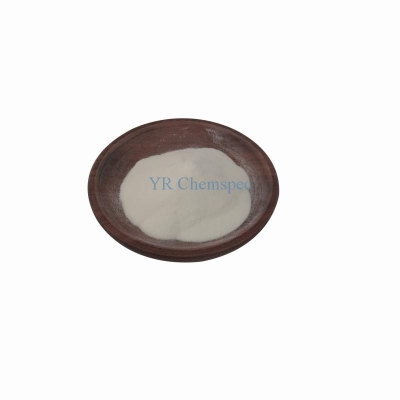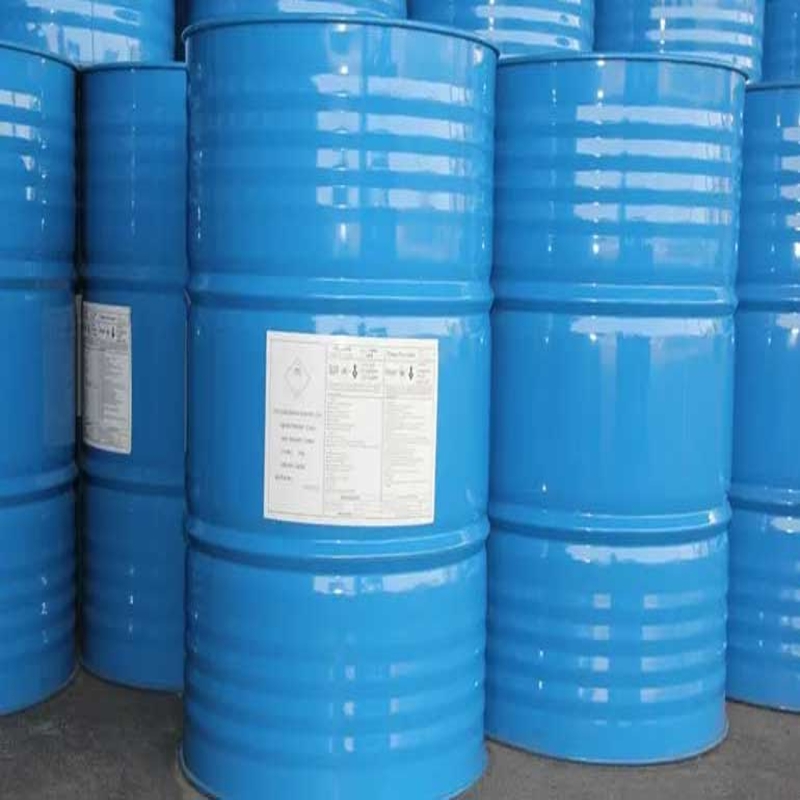-
Categories
-
Pharmaceutical Intermediates
-
Active Pharmaceutical Ingredients
-
Food Additives
- Industrial Coatings
- Agrochemicals
- Dyes and Pigments
- Surfactant
- Flavors and Fragrances
- Chemical Reagents
- Catalyst and Auxiliary
- Natural Products
- Inorganic Chemistry
-
Organic Chemistry
-
Biochemical Engineering
- Analytical Chemistry
-
Cosmetic Ingredient
- Water Treatment Chemical
-
Pharmaceutical Intermediates
Promotion
ECHEMI Mall
Wholesale
Weekly Price
Exhibition
News
-
Trade Service
Recently, Iran reached a nuclear deal with several major countries in the world, and the lifting of the oil embargo will allow the country to increase production, which in turn will increase oil exports
.
However, JPMorgan analysts believe that Iraq may be the bigger and more worrying problem
for the oil market.
Goldman Sachs estimates that Iran's crude exports will increase by as much as 400,000 barrels
per day in 2016.
At this juncture, it said, additional supplies from Iraq weighed more on international oil prices than Iran
.
The bank noted that Iraq's oil production has continued to climb in recent quarters, and that the country's oil production soared until the second quarter of 2015, prompting the bank to believe that Iraq contributed more to OPEC's output growth this year than Saudi Arabia
.
Iran's oil exports are not expected to reach their full potential next year as production facilities still need time to return to operation
.
Therefore, the surge in Iraqi oil production poses a more direct threat
to oil prices.
Deutsche Bank's Michael Hsueh reported on Friday that Iraq's oil production surged to a record high of 4.
1 million barrels per day in June
.
Recently, Iran reached a nuclear deal with several major countries in the world, and the lifting of the oil embargo will allow the country to increase production, which in turn will increase oil exports
.
However, JPMorgan analysts believe that Iraq may be the bigger and more worrying problem
for the oil market.
Goldman Sachs estimates that Iran's crude exports will increase by as much as 400,000 barrels
per day in 2016.
At this juncture, it said, additional supplies from Iraq weighed more on international oil prices than Iran
.
The bank noted that Iraq's oil production has continued to climb in recent quarters, and that the country's oil production soared until the second quarter of 2015, prompting the bank to believe that Iraq contributed more to OPEC's output growth this year than Saudi Arabia
.
Iran's oil exports are not expected to reach their full potential next year as production facilities still need time to return to operation
.
Therefore, the surge in Iraqi oil production poses a more direct threat
to oil prices.
Deutsche Bank's Michael Hsueh reported on Friday that Iraq's oil production surged to a record high of 4.
1 million barrels per day in June
.







